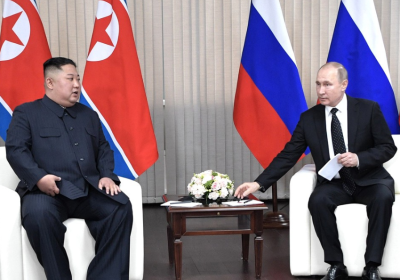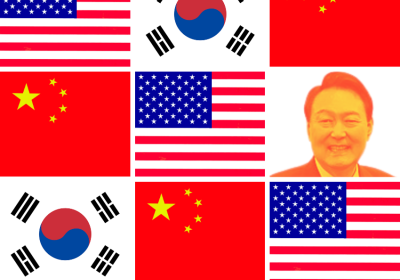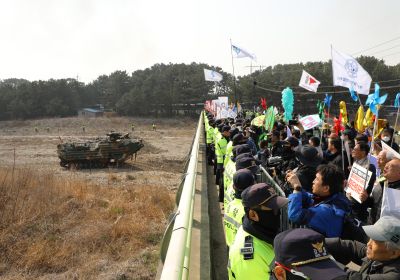
North Korean leader Kim Jong Un’s decision to send troops to fight in Russia’s war on Ukraine shocked many in South Korea and internationally. Won Youngsu looks behind this decision.

North Korean leader Kim Jong Un’s decision to send troops to fight in Russia’s war on Ukraine shocked many in South Korea and internationally. Won Youngsu looks behind this decision.

Green Left’s Federico Fuentes spoke to Youngsu Won, a socialist and coordinator of the International Forum in South Korea, about the new tensions flaring on the Korean peninsula and their potential ramifications.

Youngsu Won is a socialist and coordinator of the International Forum in South Korea. Speaking to Green Left’s Federico Fuentes, he discusses how rising tensions between the United States and China impact South Korean politics.

Thousands of peace activists will form a human chain around the largest United States overseas military base in the world, in Pyeongtaek, South Korea, on July 27, as part of a campaign for an official agreement to end the Korean War, reports Peter Boyle.